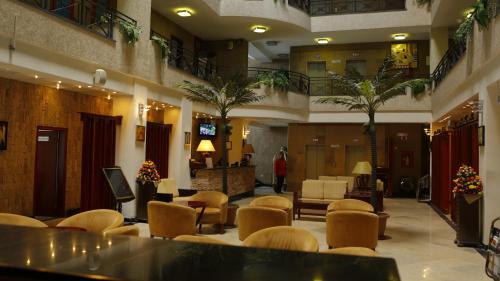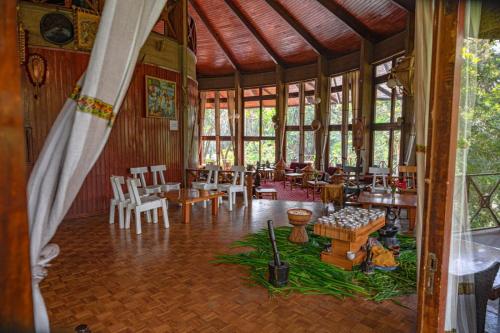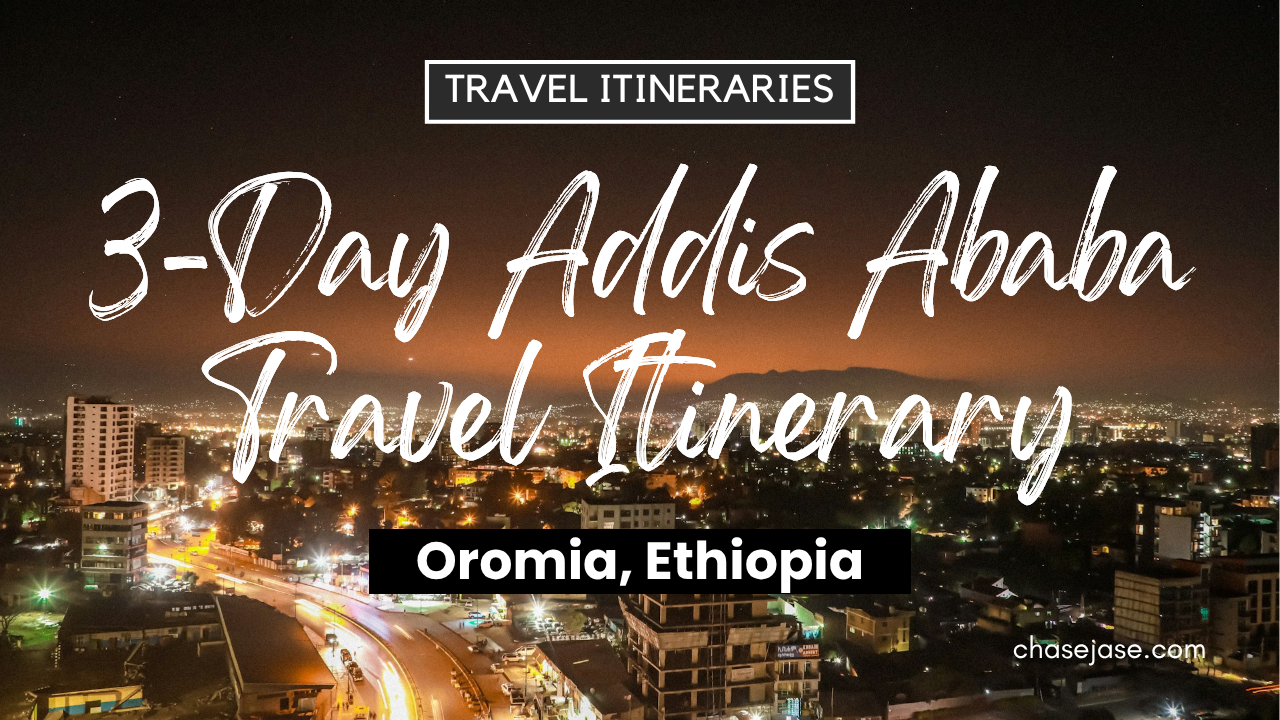3-Day Addis Ababa, Ethiopia Travel Itinerary

Introduction:
Addis Ababa is the dynamic capital city of Ethiopia, a cultural crossroads nestled at 2,355 meters above sea level in East Africa. It is known for its rich history, unique blend of traditional and modern influences, and vibrant local life. As the political and economic hub of Ethiopia, Addis Ababa is home to important African institutions, such as the African Union headquarters, as well as centuries-old landmarks. This 3-day itinerary is designed to help travelers make the most of their time, offering a mix of museums, markets, religious sites, and scenic spots.
Places to Visit:
- National Museum of Ethiopia: This museum houses Ethiopia’s most famous fossil, Lucy, and showcases ancient artifacts, traditional art, and royal memorabilia.
- Holy Trinity Cathedral: A stunning church known for its stained-glass windows and as the final resting place of Emperor Haile Selassie.
- Entoto Hill: Offering panoramic views of the city, it’s also home to the Entoto Maryam Church and the historical palace of Emperor Menelik II.
- Ethnological Museum: Located within Addis Ababa University, it provides deep insight into Ethiopia’s diverse ethnic groups and cultures.
- Red Terror Martyrs Memorial Museum: A powerful museum commemorating victims of the Derg regime, offering emotional depth and historical context.
- Merkato: One of Africa’s largest open-air markets, it is perfect for buying spices, crafts, coffee, and textiles.
- Meskel Square: A central landmark in the city, it often hosts national celebrations and public events.
- Unity Park: Located inside the Grand Palace, it features zoological gardens, heritage buildings, and impressive art installations.
- St. George’s Cathedral: Built in 1896, this octagonal church is famous for its architectural style and religious significance.
-
Addis Ababa Museum: This museum is dedicated to the city’s history, showing its transformation from a camp to a capital.

Sample Itinerary:
Day 1: History and Culture
- 8:00 AM – Breakfast at the hotel
- 9:00 AM – National Museum of Ethiopia (2 hours): See Lucy and ancient Ethiopian relics.
- 11:30 AM – Holy Trinity Cathedral (1.5 hours): Explore the church’s intricate architecture and gardens.
- 1:00 PM – Lunch at Taitu Hotel Restaurant: Ethiopia’s oldest hotel offering traditional cuisine.
- 2:30 PM – Ethnological Museum (1.5 hours): Dive into Ethiopia’s diverse tribal cultures.
- 4:30 PM – Coffee break at Tomoca Coffee: Experience Ethiopia’s traditional coffee culture.
- 6:00 PM – Dinner at Kategna Restaurant: Enjoy injera with doro wat and live music.
Day 2: Markets and Landmarks
- 8:00 AM – Breakfast at the hotel
- 9:00 AM – Entoto Hill (2.5 hours including travel): Visit the old palace and enjoy panoramic views.
- 12:00 PM – Lunch at Lucy Lounge: Continental and Ethiopian fusion meals.
- 1:30 PM – Red Terror Martyrs Memorial Museum (1 hour): Learn about the country’s turbulent past.
- 3:00 PM – Merkato Market (2 hours): Shop local handicrafts and spices—go with a guide.
- 6:00 PM – Dinner at Yod Abyssinia: Live traditional dance shows and local buffet.

Day 3: Parks and Spiritual Sites
- 8:00 AM – Breakfast at the hotel
- 9:00 AM – Unity Park (2 hours): Explore the palace grounds, zoo, and art exhibits.
- 11:30 AM – St. George’s Cathedral (1 hour): Visit the museum inside and admire the architecture.
- 1:00 PM – Lunch at Five Loaves Bistro: Trendy café offering vegan and traditional options.
- 2:30 PM – Addis Ababa Museum (1 hour): Wrap up with a deep dive into the city’s history.
- 4:00 PM – Free time for shopping or strolling
- 6:00 PM – Farewell dinner at Kuriftu Resort Restaurant: Scenic dining experience.
See Itinerary Map (Includes Places to Visit and Accommodations)
Best Time To Go:
October to February is the best time to visit Addis Ababa: this season is characterized by dry weather, moderate temperatures (between 20–25°C), and clear skies—perfect for sightseeing. Avoid the rainy season from June to September, as heavy showers can disrupt travel plans.
Activities To Do:
- Experience a Coffee Ceremony: A cornerstone of Ethiopian hospitality, the ceremony involves roasting beans, brewing, and socializing.
- Try Injera and Local Cuisine: This sour flatbread is a national staple, usually paired with richly spiced stews.
- Attend a Cultural Show: Places like Yod Abyssinia offer live dance performances from different regions of Ethiopia.
- Take a Guided City Tour: A local guide can help you navigate language barriers, haggle in the market, and provide historical insights.
- Hike at Entoto Natural Park: The park offers forest trails, picnic areas, and clean air away from the city’s bustle.

Accommodations:
- Sheraton Addis, a Luxury Collection Hotel: A 5-star resort with pools, a spa, and lush gardens near the center.

- Hyatt Regency Addis Ababa: A modern luxury hotel next to Meskel Square with international dining and amenities.

- Radisson Blu Hotel Addis Ababa: Centrally located with stylish rooms, good for business and leisure travelers.

- Golden Tulip Addis Ababa: Offers international service standards with easy access to the airport.

- Jupiter International Hotel – Bole: Known for comfort and proximity to Bole Airport and nightlife.

- Wassamar Hotel: Affordable rooms with solid service and a great location.

- Ghion Hotel: A retro classic offering lush gardens and a great value for money.

Transportation Options:
- Bole International Airport (ADD): Main entry point with domestic and international flights.
- Minibuses and Shared Taxis: Cheapest but often crowded and confusing for tourists.
- Ride-Hailing Apps: Services like Ride or ZayRide provide convenient, cashless options.
- Private Taxis: Easily found, but always agree on the fare beforehand.
- Car Rentals with Drivers: Recommended for full-day tours or excursions to nearby towns.
- Light Rail Transit (LRT): Covers some parts of the city; useful but limited in reach.
Tips:
- Currency: The Ethiopian Birr (ETB) is used. Carry cash, as cards are not widely accepted.
- Language: Amharic is the official language, but English is commonly spoken in hotels and tourist areas.
- Dress Modestly: Especially when visiting religious sites or local neighborhoods.
- Safety: Addis is generally safe, but stay alert in crowded areas like Merkato to avoid pickpocketing.
- Local Etiquette: Greet with a handshake, and don’t refuse coffee—it’s considered impolite.
Addis Ababa is a city of contrasts, its ancient traditions and fast-paced modernity coexist in harmony. This 3-day itinerary is designed to showcase Ethiopia’s culture, cuisine, and heritage through immersive experiences. Whether you’re a history lover, foodie, or first-time visitor to Africa, Addis Ababa offers an authentic, soul-stirring journey that lingers long after your trip ends.



